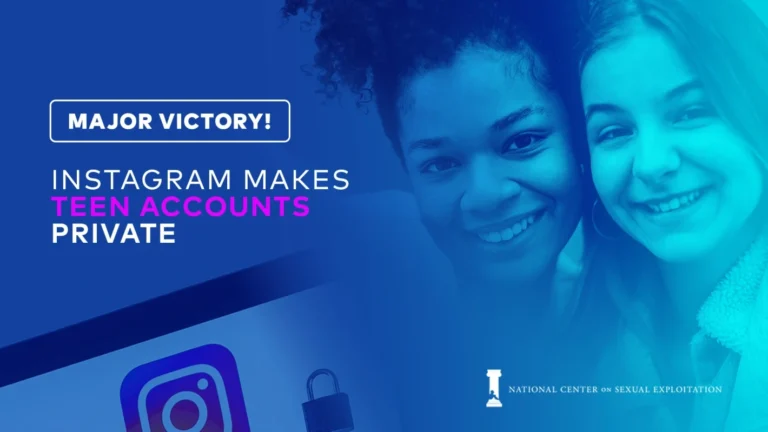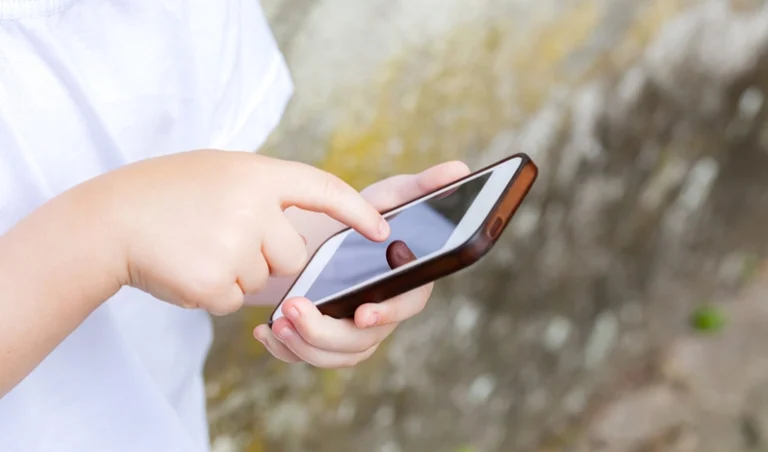Sexting is a serious and growing problem for teenagers in the digital age. New research from Northwestern University researchers indicates it is especially harmful to young women who often face intense pressure, usually from their male peers, to send explicit photos of themselves.
The study found that more than two-thirds of girls between ages 12 and 18 said they had been asked for explicit images. If they refuse, these young women often face repeated requests, harassment, and even threats.
Two-thirds of girls between ages 12 and 18 said they had been asked for explicit images. #EndExploitation Share on XCBS News asked psychologist Lisa Damour what we need to do to reverse this troubling trend. Damour has spoken with many teens through her years of practicing psychology, and she says we need to improve how we talk to teens about sexting.
Damour explained that we often advise teenage girls not to send nude photos of themselves. While that is good advice, she says we also need to tell teenage boys not to ask girls for nude photos in the first place. The onus for preventing this type of harmful behavior should not be totally on teenage girls, Damour explains.
Alarmingly, the pressure on teenagers to share explicit photos of themselves starts young, often as young as age 12, which means parents have to educate their kids in age appropriate ways before this form of sexual exploitation begins.
The pressure on teenagers to share explicit photos of themselves starts young, often as young as age 12. #EndExploitation Share on XLast month, our Vice President of Advocacy and Outreach Haley Halverson joined an ABC affiliate in Iowa to discuss the growing problem of teen sexting there, noting the Internet Watch Foundation statistic that 88% of ‘sexts’ are essentially stolen from the original location.



